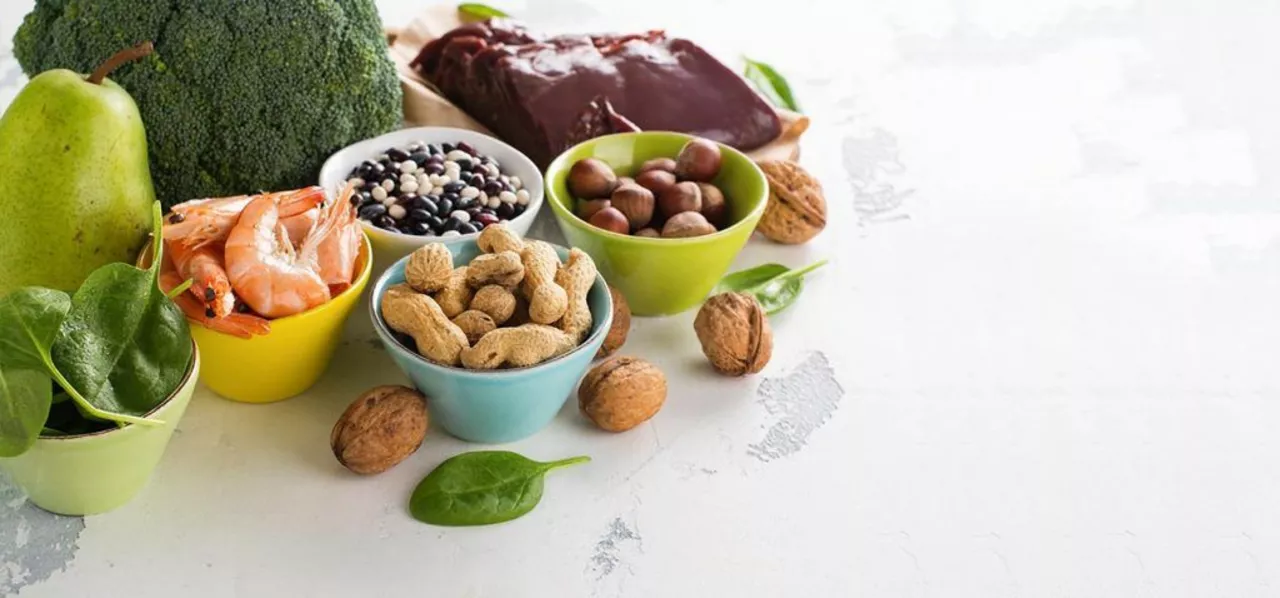Understanding Food Additives: What Are They and Why Are They Used?
Food additives are substances added to products to improve their shelf life, appearance, taste, or safety. You've probably seen labels mentioning preservatives, colorants, or flavor enhancers. These additives make your food last longer and sometimes taste better, but have you ever wondered how safe they really are? It's normal to be curious about what goes into your food and how these substances might affect your health.
Most additives fall into a few categories: preservatives keep food from spoiling; colors make food look more appealing; flavor enhancers boost taste; emulsifiers keep ingredients evenly mixed; and stabilizers maintain texture. For example, aluminium hydroxide is used in various industries, including textiles, but in food, you might encounter different additives that serve similar preserving roles.
Common Food Additives You Should Know
Some additives frequently pop up on ingredient lists. Sorbic acid, for instance, works as a preservative to stop mold and yeast growth. Another well-known group includes artificial colors that make candies and drinks look more vibrant. While many people assume natural means safe and artificial means harmful, reality is more complex. Both natural and synthetic additives go through testing to meet safety standards before hitting shelves.
Still, some additives can cause side effects in sensitive individuals. Sulfites, often found in dried fruit and wine, might trigger allergic reactions or asthma symptoms in some people. Monosodium glutamate (MSG) is another enhancer that's safe for most but can cause mild discomfort in a few. Checking labels and knowing what affects you personally is a smart move.
How to Make Smart Choices About Food Additives
If you want to limit additives, start by choosing whole, minimally processed foods like fresh fruits and veggies. Cooking at home lets you control what goes into your meals. When buying packaged food, skim ingredient lists for additives you recognize or want to avoid. Look for products labeled as additive-free or organic, which often have stricter controls.
Remember, not all additives are bad. Many keep your food safe from germs and help maintain nutritional quality. If you have specific health concerns or allergies, talk to a healthcare provider or a dietitian for tailored advice. Staying informed about food additives empowers you to make choices that fit your lifestyle and wellness goals.
Acid Indigestion and Food Additives: What You Need to Know
As a blogger, I've recently been researching the connection between acid indigestion and food additives. I discovered that certain additives, like artificial sweeteners and preservatives, can trigger acid reflux symptoms in some individuals. It's crucial to be aware of the additives in the foods we consume, as they can potentially worsen our digestive issues. I recommend reading food labels carefully and opting for natural options whenever possible. Ultimately, listening to our bodies and making mindful food choices can help alleviate the discomfort of acid indigestion.

